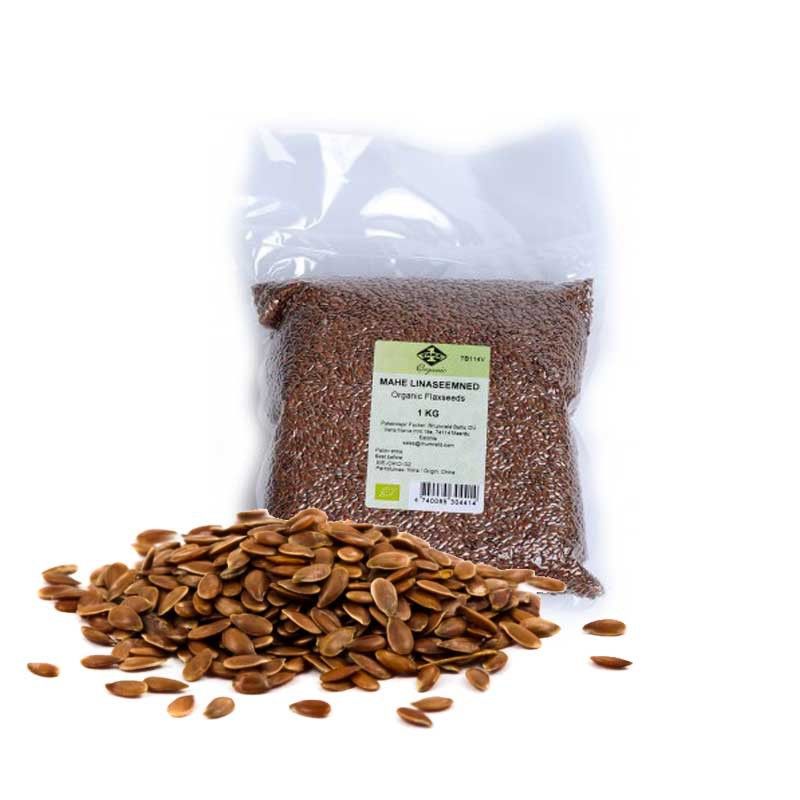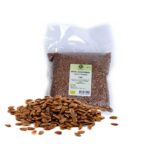Flaxseeds 1kg
Expiry date: 02.03.2026
6.00 €
Country of origin: India
Painter: Rhumveld Baltic
3 in stock
Sold By: BioLifeDescription
Flax has been cultivated for millennia, and the health benefits of flax seeds have been appreciated for just as long. Hippocrates described flaxseed as a remedy for stomach aches, and the French Emperor Charlemagne was so fond of the seeds that he passed a law forcing their consumption.
Flax is a prized fibre plant, but its highly valuable seeds also make it a prized oil and food crop.
Linseed is rich in a characteristic water-soluble fibre that reduces the rise in blood lipids after a meal, reducing appetite and helping to lose excess weight. Naturally, fibre also helps improve gut function and, by lowering blood cholesterol levels, it also helps reduce the risk of heart attack and stroke. The mucilages in flaxseed reduce inflammation, promote tissue healing, prevent the absorption of toxic substances in the gut, and prevent the proliferation and movement of harmful bacteria in the gut. Fatty butters contain significant amounts of unsaturated fatty acids, the main ones being alpha-linolenic acid or omega-3 and linoleic acid or omega-6.
In addition to their high fibre content, flaxseeds also contain alpha-linolenic acid (ALA), which has strong anti-inflammatory properties. Flaxseed has been found to inhibit the development of cancers in animals and reduce the risk of cancer in humans. The third most important constituent of linseed is lignans – phytoestrogens, which have oestrogen-like and antioxidant effects. They help to stabilise hormone levels, reduce premenstrual syndrome and menopausal symptoms and potentially reduce the risk of breast and prostate cancer.
The ingredients in flaxseeds are best absorbed in ground form, but as they also tend to go rancid most quickly this way, it is best to grind them at home in a coffee grinder or blender just before use.
How do flaxseeds find their way into our diets?
Linseed is used mainly in salads, mayonnaise, yoghurt, kefir, smoothies, mixed with honey, fruit, breakfast cereals or muesli.
At the same time, flaxseed intake should not be overdone. Linseed contains the glucoside linseed oil, which, on prolonged contact with water, releases hydrogen cyanide, or hydrocyanic acid, through the action of the enzyme linase. Care should therefore be taken when storing linseed to ensure that it does not become wet.
This product bears the Food and Veterinary Office label: EE-ÖKO-03.
Further information: http://et.wikipedia.org/wiki/Linaseemned
Related products
-
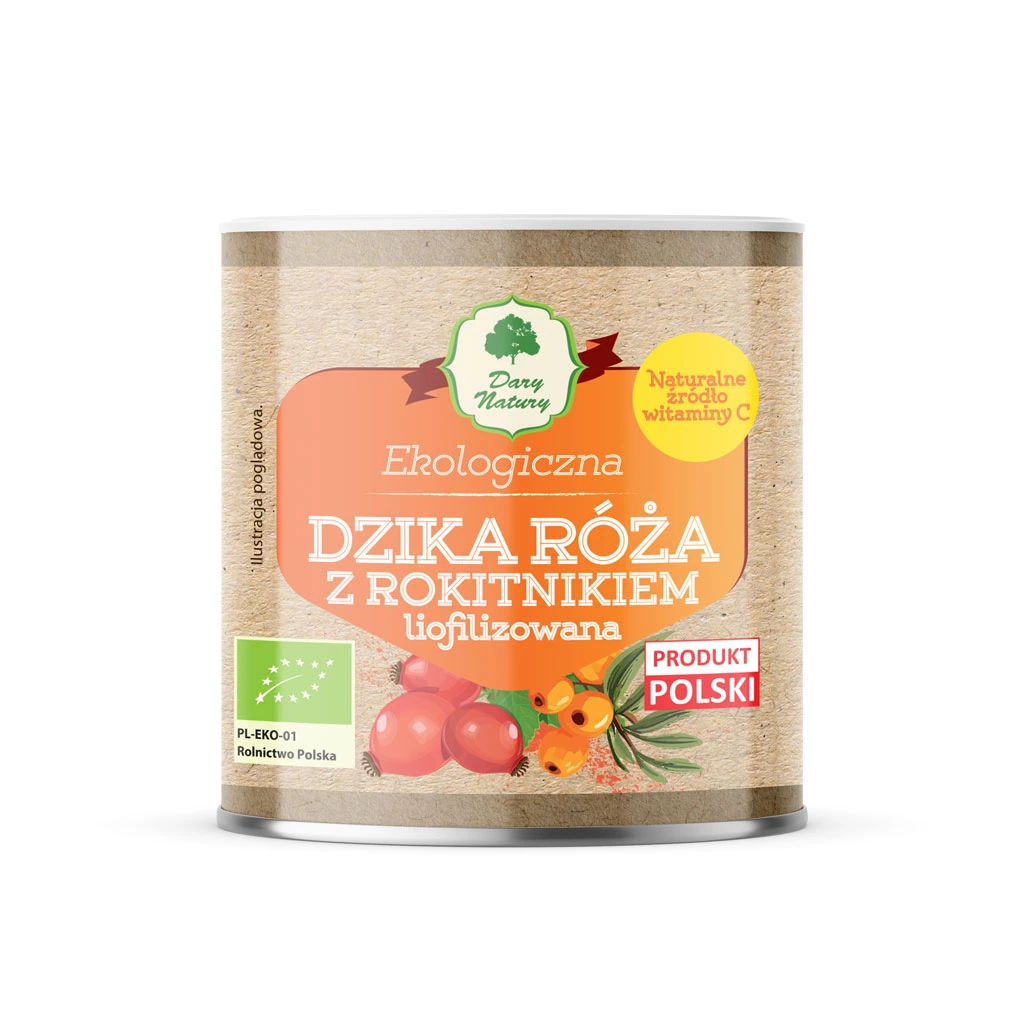
Freeze-dried Rosehip-Sea Buckthorn Berry Powder 70g BIO
9.99 € Sold By: EluvägiAdd to basket -
Sale!
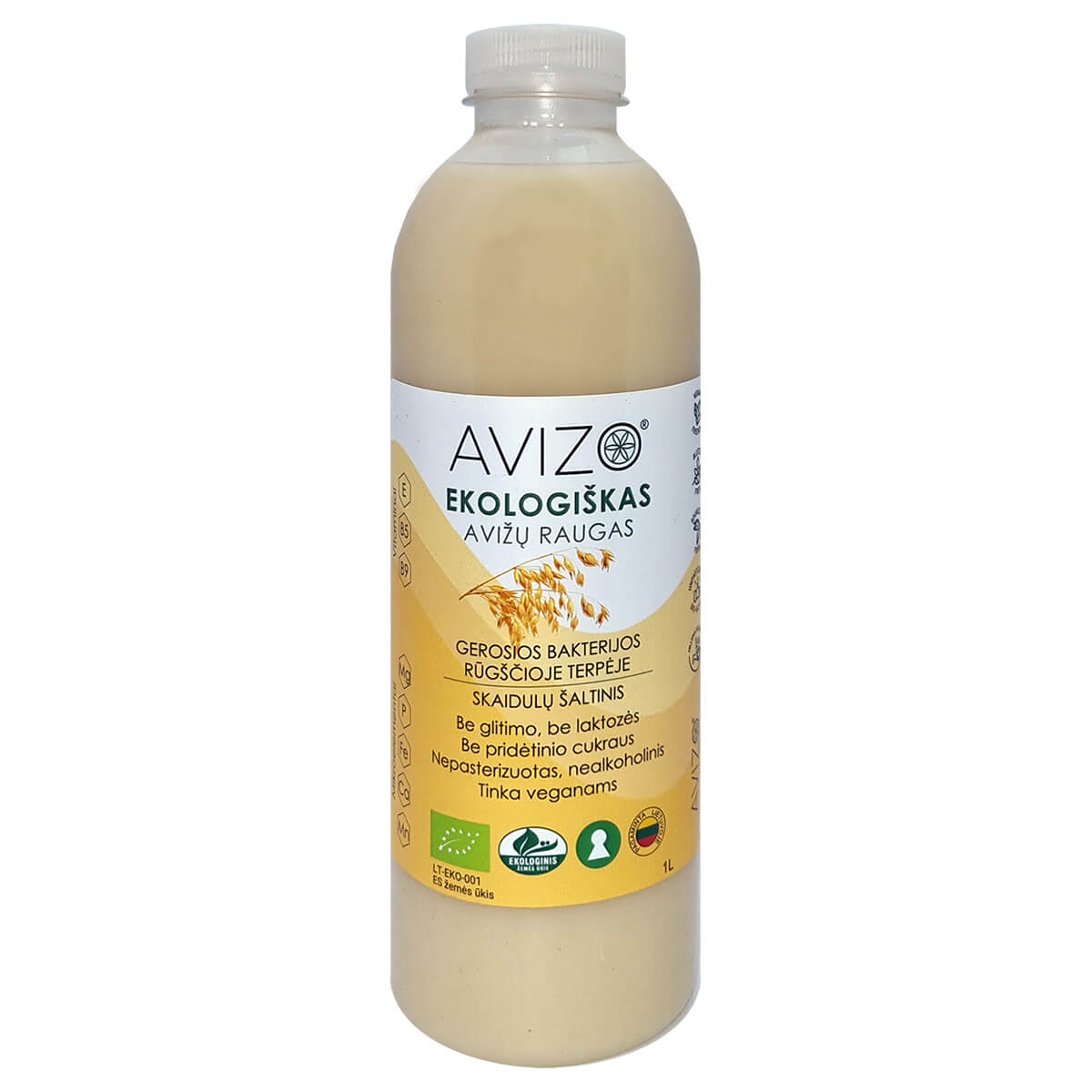
Probiotic Fermented Oat Beverage 0,33L BIO
6.95 €Original price was: 6.95 €.5.50 €Current price is: 5.50 €. Sold By: EluvägiAdd to basket -
Sale!
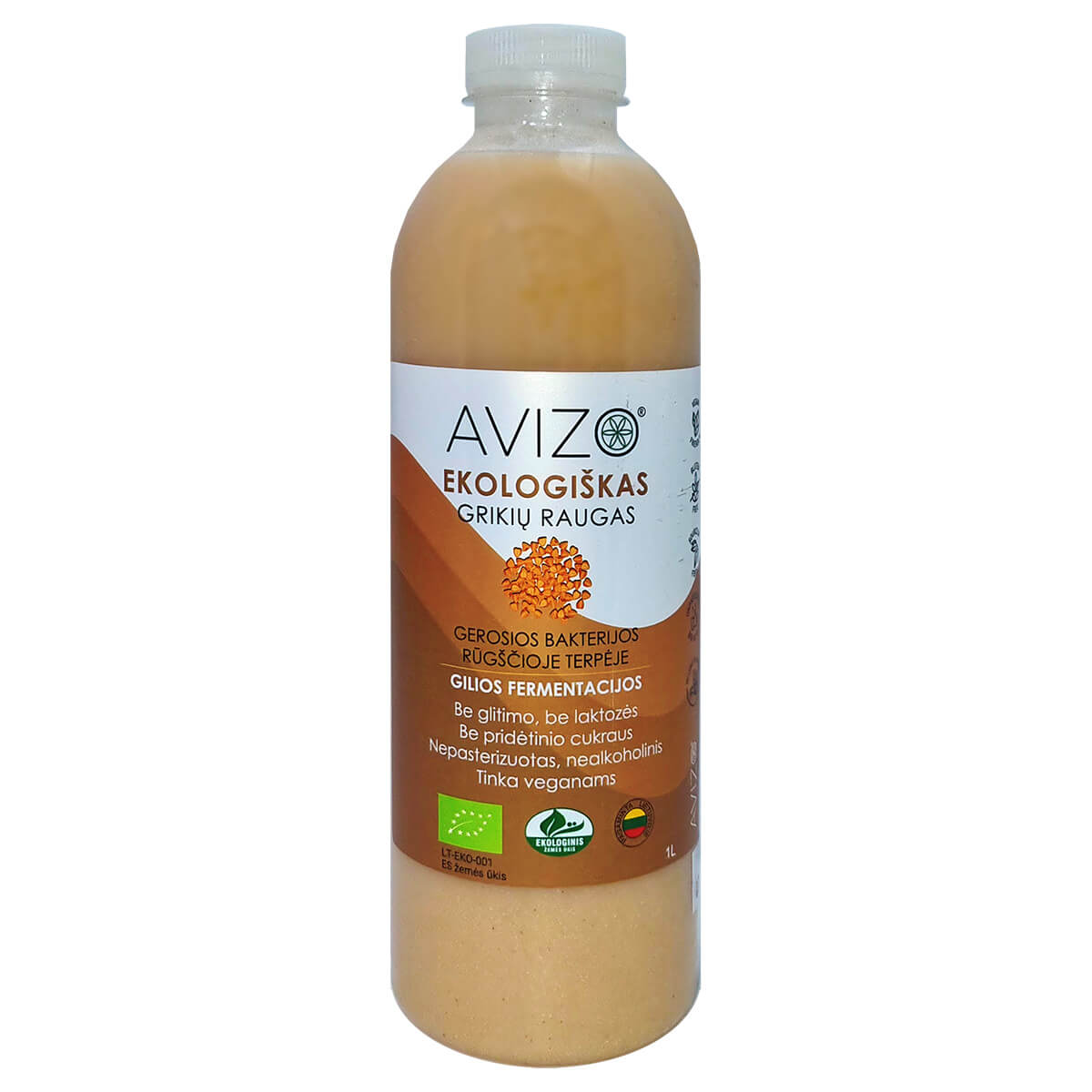
Probiotic Fermented Oat-Buckwheat Drink 1L BIO
14.80 €Original price was: 14.80 €.11.50 €Current price is: 11.50 €. Sold By: EluvägiAdd to basket -
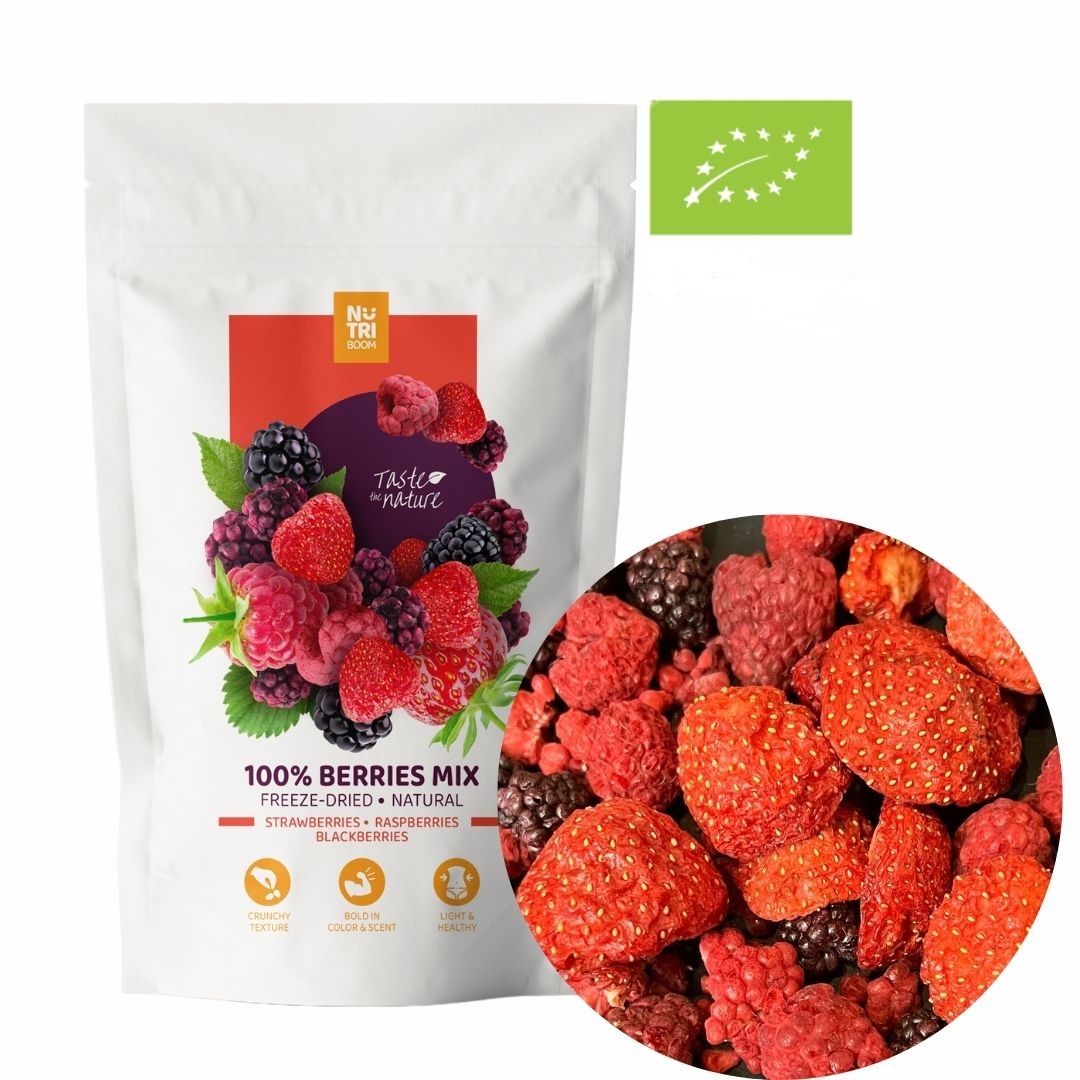
Freeze-dried Berry Mix 27g
6.90 € Sold By: EluvägiOut of stock
